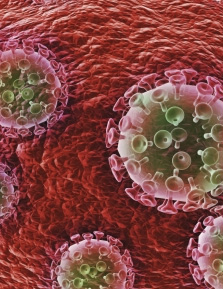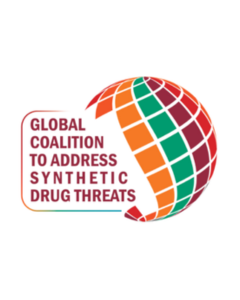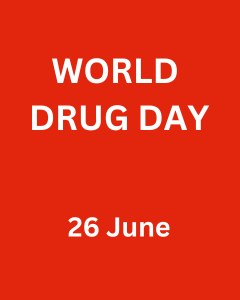BRITISH MEDICAL JOURNAL
Original article: click here.
Opinion piece by Ruth Dreifuss, former President of Switzerland and Chair of the Global Commission, and Pavel Bém, former Mayor of Prague and member of the Global Commission.
The failures of prohibition—the attempt to eliminate illicit drugs for non-medical purposes through measures such as criminalisation or militarisation—and other repressive drug strategies are well documented. Over the past 50 years, they have been unable to curb either supply or demand at global or local levels. In fact, drug use, production, and trafficking, and concern about the issue among the general public, grow ever higher,1 while prohibition continues to exact a tragic toll on individuals and societies.2 Effective and humane drug policies are needed more urgently than ever.
This urgency can be felt both at the local level, where cities struggle to cope with drug use directly, and at the international level, with growing criticism of an outdated drug control system built on three United Nations conventions.3 Even though these conventions do not specifically insist on harsh punishment for drug use, national interpretation has favoured prohibitive approaches, with many harmful consequences.
Inappropriate treatment
Despite evidence of the efficacy of harm reduction measures for people who use drugs, such as clean needles and access to opioid substitutes, these are far from being implemented on the scale needed. Furthermore, drug users with medical problems are often handled by the judicial system rather than treated by doctors, and in some cases are given custodial criminal sentences or pushed into mandatory treatment. These approaches have poor results in terms of drug users’ recovery and do little to help users achieve better balance in their lives, in terms of maintenance or rehabilitation.
The current UN drug scheduling system, which assigns levels of danger to psychoactive substances, denies many people in need access to recognised essential medicines such as morphine and prevents research into the dangerousness versus medical effectiveness of products.4 For instance, the UN classifies cannabis as one of the most dangerous drugs, with “no currently accepted medical use.” This scheduling has not been reviewed in 81 years, and as a result scientific investigation into this substance continues to be severely limited.
We need a pragmatic approach to drug policy reform, starting with the recognition that the idealised notion of a “society without drugs” is an unattainable fantasy. Reforms must then prioritise public health, social integration, and security, while strictly respecting human rights and due judicial process.
Evidence based policies should therefore include decriminalisation of personal drug use because this has been shown to be effective and respectful of human dignity.5
Reforms we enacted
Like our fellow commissioner Jorge Sampaio, former president of Portugal, when in our former offices of president of Switzerland (RD) and mayor of Prague, Czech Republic (PB), we were faced with situations where the response to drugs was undermining the social fabric of our country or city. The reforms enacted in Portugal, Switzerland, and Prague were different in each case, tailored to specific needs, but all have reduced the social and health harms related to drug use, such as crime, drug related deaths, and HIV infections.6
We also believe that decriminalisation can and must go further. As the Global Commission on Drug Policy lays out in its upcoming report, Advancing Drug Policy Reform: A New Approach To Decriminalization, drug use and possession should not be penalised with any criminal or civil action, and alternatives to punishment, such as counselling, community service, or educational workshops, should be developed for all low level actors in the drug trade (user-dealers, mules, cultivators).
The commission takes this a logical step further and calls for governments to regulate all illicit drugs. This would curb a massive revenue stream for organised crime, worth an estimated $320bn (£260bn; €290bn).7 It would also allow further research to inform policy and facilitate restriction of drug use—for example, setting the age of the user, maximum quantities allowed for sale or possession, and where drugs can be used. And it could help to shift perceptions from considering drugs as inherently “evil” to a more pragmatic mindset in which scientific evidence, not ideology, drives drug policy.
Footnotes
Competing interests: We have read and understood BMJ policy on declaration of interests and have no relevant interests to declare. The Global Commission on Drug Policy is a panel of 23 world leaders, intellectuals, and experts that campaigns to bring to the international level an informed, science based discussion about humane and effective ways to reduce the harm caused by drugs to people and societies.
Provenance and peer review: Commissioned; not externally peer reviewed.




